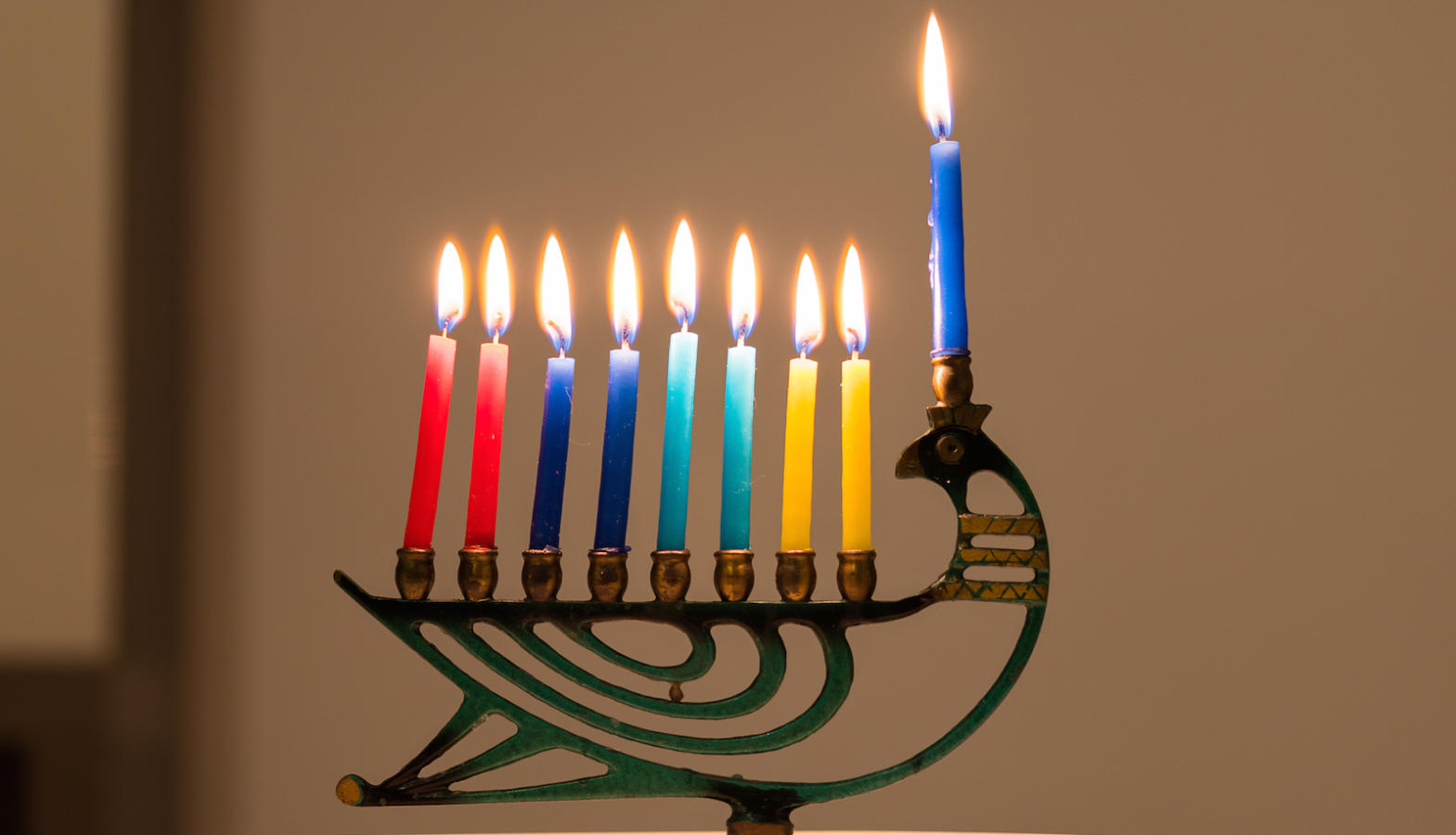This well-known Hanukkah song, whose words were composed in the 13th century, summarizes historical challenges faced by the Jewish people that have been overcome with God’s help. Yet this joyous song also contains a later addition, a sixth stanza composed three centuries after the original Maoz Tzur was written. The tune’s origins are not documented, but it is believed to be an adaptation of contemporary folk songs or hymns.
The appearance of this little-known, rarely sung stanza, which calls on God to wreak vengeance on enemies of the Jews and, as some translations word it, “thrust the enemy into the shadows of death,” poses a challenge to modern Jewish sensibilities. It is a raw, emotional reaction to persecution faced by the Jewish community in Christian Europe. While being able to identify with the emotions that arise out of the historical circumstances, the call for Divine retribution is foreign to the modern ear. Nonetheless, the theological question of God’s role in history raised in the last stanza of this song is a question that is still asked today.
Find the lyrics to the first two verses in Hebrew, transliteration and English here.
Find more Hanukkah songs here.
With your help, My Jewish Learning can provide endless opportunities for learning, connection and discovery.
Hanukkah
Pronounced: KHAH-nuh-kah, also ha-new-KAH, an eight-day festival commemorating the Maccabees' victory over the Greeks and subsequent rededication of the temple. Falls in the Hebrew month of Kislev, which usually corresponds with December.



